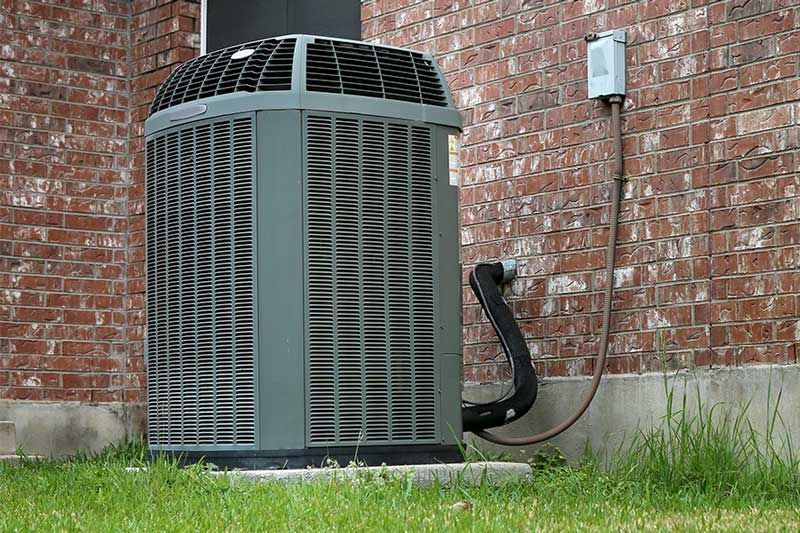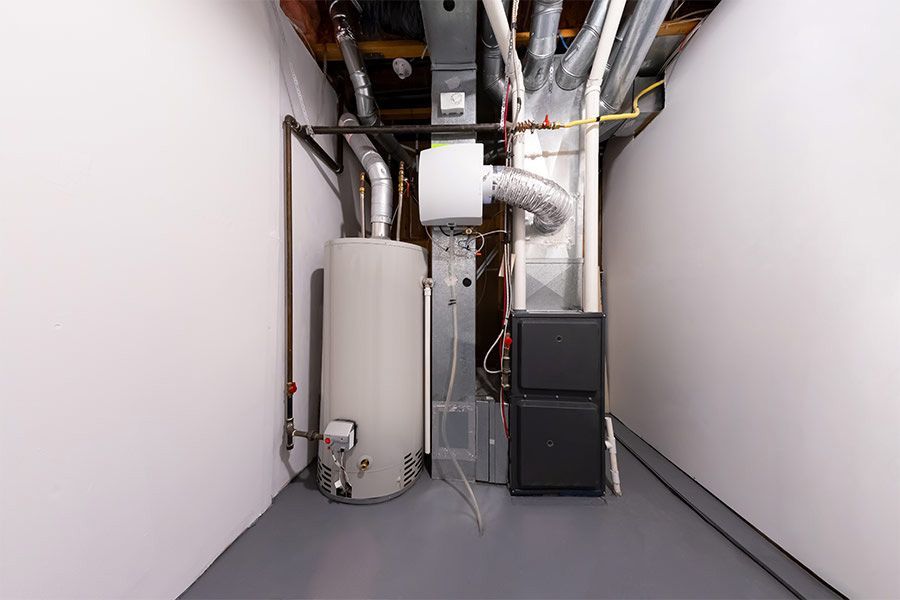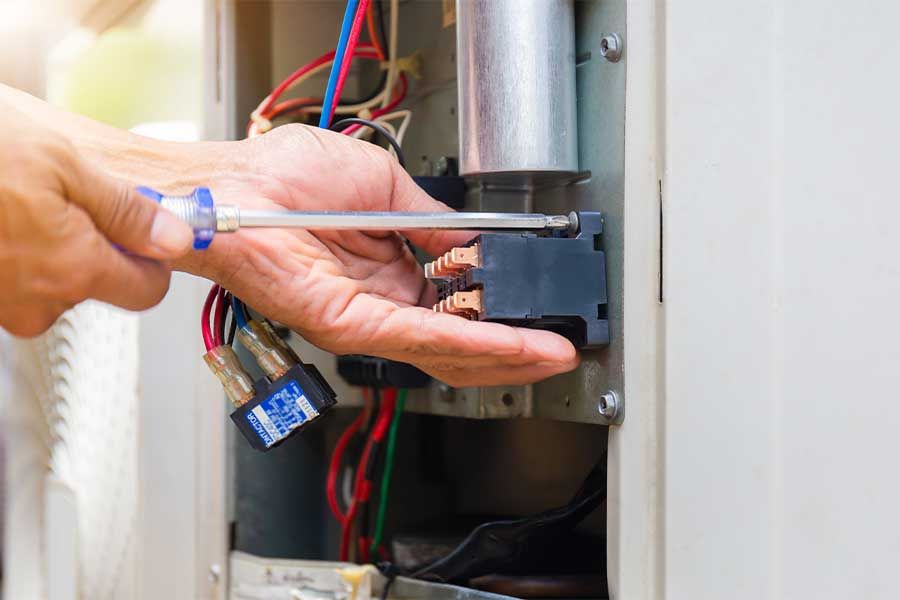Why Is Condensation on Air Ducts a Cause for Concern?
Insurance claims resulting from water damage and freezing are among the most common claims filed. Water damage repairs can be expensive, so spotting the signs of potential water damage is crucial.
One of the surest signs of potential water damage is condensation on air ducts. Air duct “sweating” forms when the warm air from outside collides with the cold of your A/C ductwork. The colder your A/C, the more condensation will form on your air ducts.
But is condensation on your air ducts harmful? According to the HVAC technicians in Grafton from Professional Services, it can be. It all depends on the amount of condensation and what is causing it.
Read on to learn more about condensation in your air ducts and how Professional Services can help you stop condensation.
What Causes Condensation in Air Ducts?
Even the most efficient air conditioners produce some condensation. However, you should not see much condensation if your system is running well. If you notice excessive amounts of condensation, several issues could be causing it, including:
- Restricted airflow
- Damaged or poor insulation
- Dirty air filters
- Excess humidity in the house
- Warm air in the attic
Adverse Effects of Condensation in Your Ductwork
A small amount of moisture on your ducts is not dangerous. However, significant amounts of ductwork “sweat” can create a host of problems for your home and health.
Damaging Insulation
Condensation build-up in your air ducts may eventually drip into your insulating materials. As the insulation becomes saturated with water, the weight compresses the fibers together. This compression reduces the insulation’s R-value.
The R-value reflects the insulation’s ability to insulate your home. Your energy bills will start going up as the R-value decreases. Since good insulation saves an average of 10% on your energy bills, you’ll want to keep your R value from declining.
Excessive Humidity
The average recommended indoor humidity is about 50%. This percentage is ideal for your comfort and health. A well-maintained air conditioner can control and even reduce your home’s humidity.
Plumbing emergencies can affect indoor humidity as well. If you have ever had a recent sewer back-up or indoor flooding problem, your home’s humidity levels will increase. Even air-drying your clothing indoors can substantially elevate the humidity in the short term.
Higher humidity indoors increases the risk of condensation on your air ducts, especially when running your air conditioner. The higher the moisture in your house, the higher the risk for condensation build-up in your ductwork.
All that extra moisture needs to go somewhere. Therefore, the build-up of dampness can lead to numerous infrastructure problems in your home. Metal ductwork may rust and corrode as moisture sits on the surface. Wood and drywall may also start to rot and crumble as the water damage weakens those materials.
Furthermore, the longer water sits, the higher the risk of mildew and mold growth. It is almost impossible to get the smell of mildew out once it has set in. Mold can pose severe health risks, especially for people with allergies and compromised immune systems.
Condensation Solutions and Prevention
Now that you know what causes ductwork condensation, you may wonder what you can do to prevent it. You can take the following steps to reduce and even stop condensation from forming on your ducts.
Reduce Humidity Levels
First, you must interrupt the cycle of condensation and rising humidity levels. If you live in a humid climate, it may be challenging to get rid of your excess humidity, but you can certainly reduce it. Moisture-absorbing products can significantly reduce the humidity levels in your home.
You may also consider investing in a dehumidifier. As its name indicates, a dehumidifier pulls excess moisture from the air. Ensure you check your dehumidifier’s reservoir frequently and dump the collected water so it does not overflow.
Regular Ductwork Maintenance
Keeping your air ducts clear of dust and debris improves airflow, reducing moisture build-up and improving your home’s indoor air quality. However, cleaning your ductwork yourself is not recommended.
A Professional Services HVAC technician can safely clean your ductwork, spotting any signs of wear or damage. You should schedule a cleaning for your air ducts at least every three to five years.
Insulate Your Metal Ductwork
If the air ducts in your home are older, adding insulation can significantly reduce and even stop condensation from forming. Insulation installation is a job you can do yourself if you have the right tools and feel comfortable with basic repairs.
Adding insulation to your ductwork is fairly inexpensive, with supplies totaling around $300. Since you will be handling fiberglass insulation, remember to wear protective gear, including gloves, goggles, a mask, and clothing that covers your body completely.
Upgrade Your Attic
Warm attic temperatures and high humidity can also cause condensation issues. Upgrading your attic insulation and improving your attic’s ventilation can prevent condensation on air ducts.
Be sure you choose new insulation for your attic with a high R-value. The higher the R-value, the better it keeps outside air from infiltrating your attic.
Most newer homes have attic vents installed. However, if you have an older home or if your current vents aren’t doing the job, adding new attic vents can lower moist air and keep air ducts drier.
Reducing and eliminating condensation on air ducts can be a severe problem. Preventing water damage in your home and preventing HVAC units from freezing is a top priority for us at Professional Services. Our highly skilled technicians are ready to assess and clean your ductwork, detect the issue causing the excessive condensation, and correct the problem.
Contact Professional Services for a Ductwork Inspection Today
Professional Services is the premier heating, air conditioning, geothermal, and emergency generator company serving Ozaukee and Washington Counties. We offer residential and commercial customers the highest quality service with affordable, upfront pricing and satisfaction guaranteed.
For more information about condensation on air ducts, call Professional Services in Port Washington, WI at
(262) 218-2636.
You might also like







